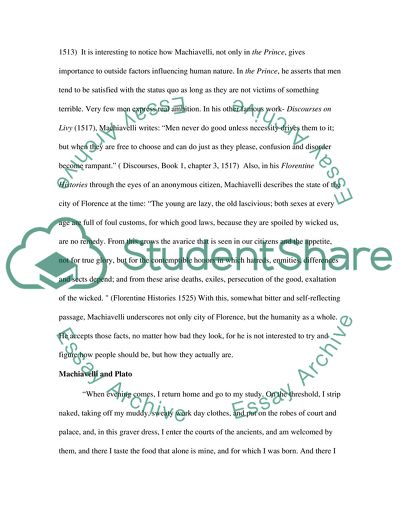Cite this document
(The Nature of a Political Leader Term Paper Example | Topics and Well Written Essays - 1500 words, n.d.)
The Nature of a Political Leader Term Paper Example | Topics and Well Written Essays - 1500 words. https://studentshare.org/politics/1749662-political-science-term-paper
The Nature of a Political Leader Term Paper Example | Topics and Well Written Essays - 1500 words. https://studentshare.org/politics/1749662-political-science-term-paper
(The Nature of a Political Leader Term Paper Example | Topics and Well Written Essays - 1500 Words)
The Nature of a Political Leader Term Paper Example | Topics and Well Written Essays - 1500 Words. https://studentshare.org/politics/1749662-political-science-term-paper.
The Nature of a Political Leader Term Paper Example | Topics and Well Written Essays - 1500 Words. https://studentshare.org/politics/1749662-political-science-term-paper.
“The Nature of a Political Leader Term Paper Example | Topics and Well Written Essays - 1500 Words”. https://studentshare.org/politics/1749662-political-science-term-paper.


